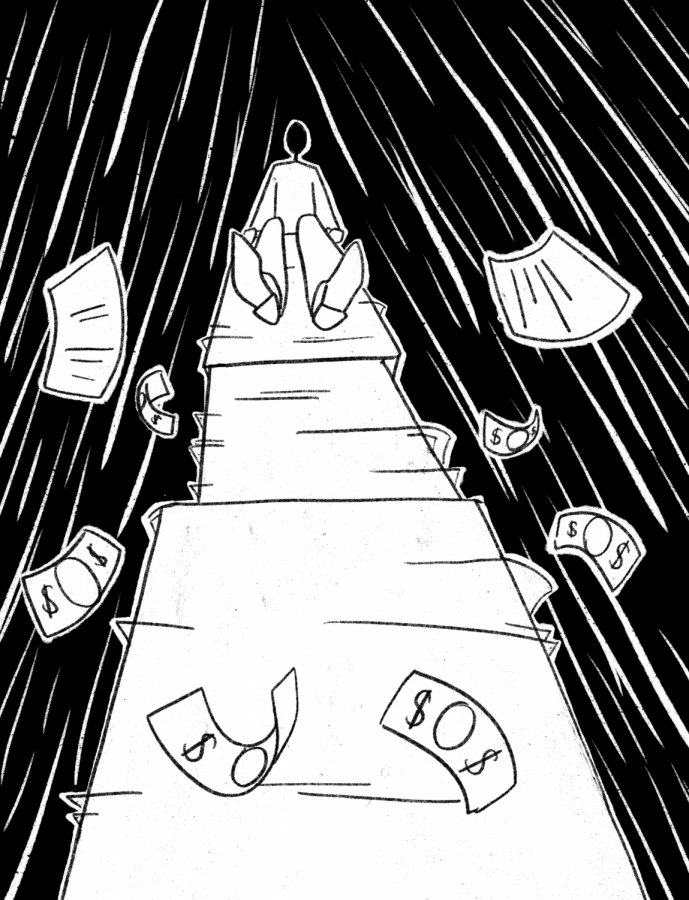Pandora Papers Reveal the Need to Tax the Corrupt Ultra-Wealthy
December 3, 2021
At this point, it’s become a trope: rich people will be rich people, and nothing can be done about it. They’ll lie, they’ll cheat, and they’ll drain the economy by pretending to reside in a remote island nation halfway across the Atlantic Ocean.
We’ve come to accept the conniving antics of the super wealthy as a constant, but with the recent release of yet another set of leaked documents detailing the many ways the rich and powerful evade the legal system, it’s time to ask once again what can be done to stop them.
Comprising nearly twelve million leaked documents, the Pandora Papers were initially retrieved by the International Consortium of Independent Journalists from undisclosed sources. The leaks implicate hundreds of politicians and billionaires for using dishonest methods of financial secrecy to avoid taxation.
Among the exposed figures are the ruling family of Qatar for their purchase of multiple English mansions while avoiding $25 million in due taxes, Czech Prime Minister Andrej Babiš for his acquisition of a $22 million French chateau through an offshore investment company, and celebrities including Elton John, Bono, and Shakira for their use of offshore bank accounts. The papers are especially prolific in revelations about tax havens, which are territories such as Panama, Luxembourg, and the Cayman Islands that employ low taxation rates and are often used by the wealthy to deviously avoid paying the higher taxes of their resident countries.
Though legal, tax havens have been criticized for stunting government earnings and increasing wealth inequality. The accounts revealed in the leaks cost governments worldwide up to $32 trillion in wasted revenue. This information is damning, but it isn’t the first of its kind. Similar leaks have been released periodically throughout the 2010s and the age of increasing wealth inequality. What the Pandora Papers do tell us is that even with detailed knowledge about the financial crimes of the super-wealthy, global governmental powers have been weak in their response.
The prevailing message from public officials and the corporate media has remained that as detrimental as financial loopholes may be, efforts to combat them will be ineffectual, citing the personal financial freedom of these wealthy individuals. However, there are many actions that could be taken to fix the tax system now, including a global deal currently in the works that would set a minimum tax rate throughout the world, effectively ending the existence of tax havens for good.
All it would require from governments like the United States to close financial loopholes is for them to commit to the principle that rich people must pay their fair share like everyone else. The problem is that the very people in the position to do this, our elected officials, are implicated in the shell game themselves, along with the groups that fund their election campaigns.
What the Pandora Papers tell us is not entirely new, but they expose in greater detail than ever before the extent of corruption in our oligarchical system, and the great need for change. It’s time for a paradigm shift in the way we evaluate the people who run our economy.
This piece also appears in our November 2021 print edition.










